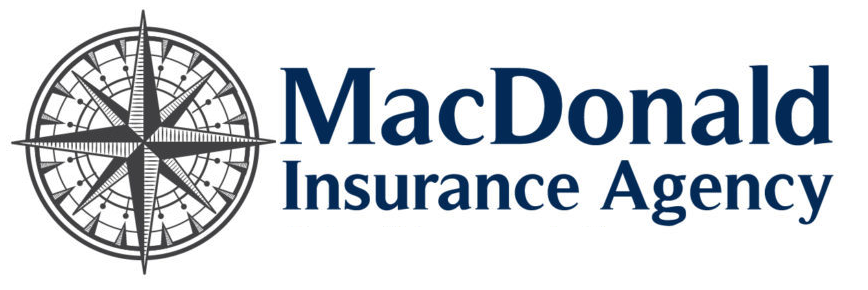Frequently Ask Questions
The term “full coverage” is subject to interpretation. There is no standard definition for “full coverage” on an auto policy because there are so many options for coverage and limits. The best way to purchase an auto policy is to understand what each coverage means and what limits you need to fit your budget.
UM coverage compensates you for “bodily injuries” when the at-fault party is either uninsured or underinsured for the value of your injury claim.
Non-Stacked UM pays up to the limits of UM shown on the policy declarations page. Stacked UM pays up to the limits of UM on your declarations page multiplied by the number of covered vehicles. Stacked UM also extends coverage to any vehicle owned by the insured even if it is not shown on the policy declarations page.
Personal Injury Protection (PIP) is also known as “no-fault” insurance. This coverage is required per Florida law. PIP will pay your medical bills up to $10,000. Usually there is a 20% co-pay provision. Some auto policies will offer PIP benefits with no co-pay provision or may offer limits exceeding the statutory amount.
Yes- you should. Rental car companies usually offer a Loss Damage Waiver (LDW) for an additional fee when you rent a car. This provides protection for you if you return the vehicle with damage. Your personal auto policy may cover the rental car if it becomes damaged if you carry physical damage on your personal auto policy. However, there are many circumstances where your auto policy may not pay and leave you with costly expenses.
Damage from a flood, as defined by the NFIP, is not covered on a homeowners policy.
A hurricane deductible on your home insurance policy is the deductible you are required to pay if your home is damaged by a hurricane. The typical hurricane deductible is 2% of the insured value of the home. For example; a home insured for $100,000 will have a $2,000 hurricane deductible.
The amount of coverage for your home reflects the amount of money needed to rebuild your home due to a catastrophic event. The dwelling value equals the cost of reconstruction which may not reflect the purchase price, market value or loan amount.
Home insurance considers jewelry as a part of your property coverage. However, the home insurance policy has special limits of coverage for jewelry and may not provide enough coverage for valuable items if lost or stolen. The best way to insure jewelry is to add it on the home insurance policy with a “jewelry schedule.”
A flood defined by the NFIP is a general and temporary condition of partial or complete inundation of two or more acres of normally dry land area or of two or more properties (at least one of which is your property) from:
- Overflow of inland or tidal waters;
- Unusual and rapid accumulations or runoff of surface waters from any source;
- Mudflow.
To be covered for a flood event, you must have a flood policy.
Unlike auto insurance, the state of Florida does not require you to carry insurance on your boat. However, it is highly recommended that you purchase a boat policy. Often times boat accidents result in serious injuries or fatalities.
An umbrella policy is an additional layer of liability on top of the liability limits of your home, auto, boat and RV types of policies. Umbrella policies are typically sold in increments of $1millon and can cost as little as $200 per year to cover 1 home and 2 autos.
Get Started with a
FREE CONSULTATION

